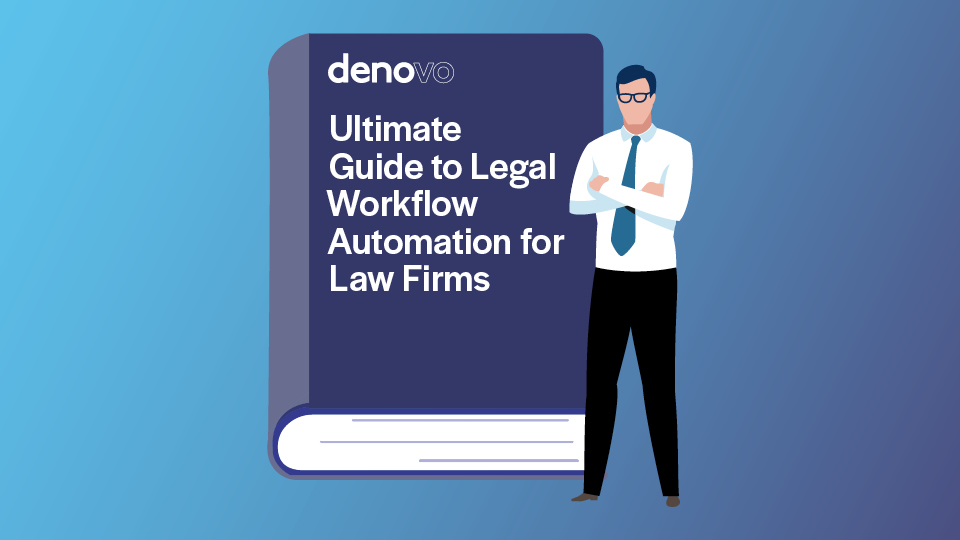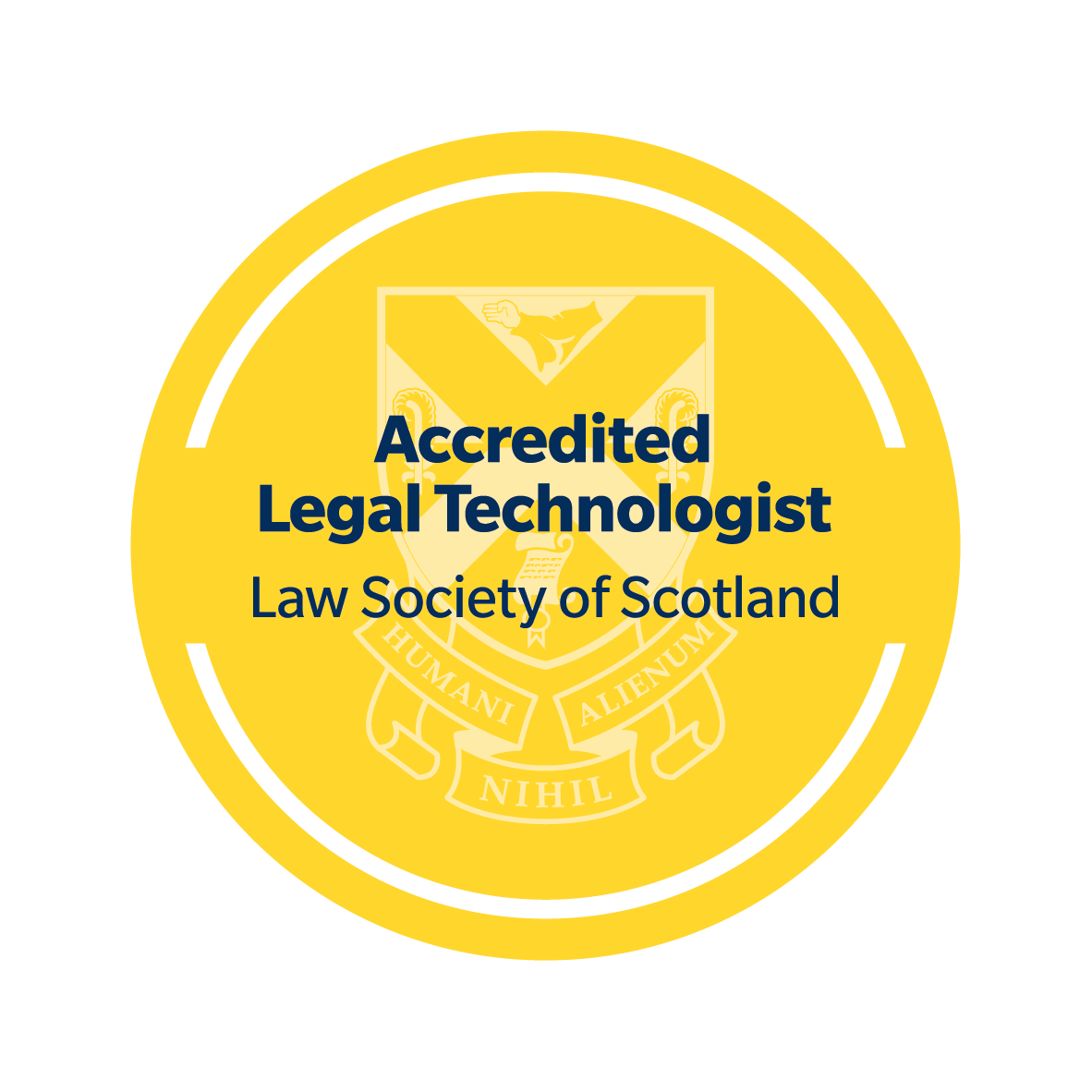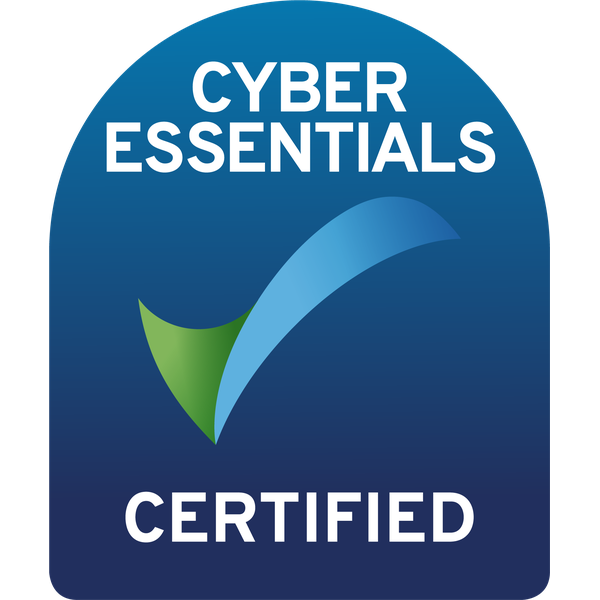Written by:

Grant Yuill
Head of Marketing & Customer Engagement
Client expectations have changed significantly, clients increasingly prioritise quick communication and more transparency. This increased need for technology-enhanced procedures comes not just from clients but also from employees, and it is expected to increase even more as new innovations become accessible.
By failing to use the appropriate legal technology, your firm may be losing out on chances to increase productivity and success in legal practice.
Technology’s Influence on the Future of the Legal Industry
According to a recent legal research survey, 66% of legal executives want to improve their spending on legal technology in order to manage workloads in the face of tightening budgets more effectively.
By providing access to advanced technologies that can support legal services, cloud-based digital platforms improve the playing field, particularly for small and midsized law firms.
Here are some instances of how legal professionals in the legal sector use technology every single day:
Cloud-based case management systems
Through digital legal documents, automated procedures and collaborative technologies, they help increase efficiency while protecting data.
E-discovery tools
These innovations aid in expediting the legal process and handling massive amounts of data.
Overall, we think firms that capitalise on legal technology prospects will be better positioned to satisfy today’s increasing client needs and promote corporate growth.
Promoting an AI and Technology-driven Society
When adopting new legal technology, law firms may run into problems like employee resistance or spending on a solution that doesn’t work for them. Whether the firm is enthusiastic to accept new technologies or there is some doubt among employees, it is critical to resolve any possible issues before investing in new technology.
Legal departments need to evaluate the following:
- What are the needs of our clients, and how can we exceed them?
- Which investments will support performance and efficiency in order to satisfy these demands?
This might assist your company in focusing on what needs to be prioritised and staying away from solutions that do not add to profitability.
Here are a few first measures your legal firm may take to build a tech-friendly legal practice:
- When implementing new solutions, give security issues a priority.
- Set clear standards for the use of technology within your law firm.
- Reminding employees that these AI tools are designed to complement legal experts rather than to take their place can help overcome their resistance to change.
- Highlight the training and education opportunities that will be available to the employees.
- Emphasise how technology will improve client relations and profits in the long run.
Firms may develop a plan for employee technology adoption by concentrating on these stages. Then, you may decide which tools to invest in.
Choosing the Right Legal Tools for Your Law Firm
According to research, by 2025, law firms will spend three times as much on technology to support processes and fulfil productivity needs. As we witness a rise in legal tech adoption, it is essential for firms to do a comprehensive evaluation of their firm’s particular requirements, objectives, and procedures to ensure successful implementation.
We advise you to begin this process by identifying the precise possibilities and problems that technology might solve in your firm. This might include case management, document automation, and client engagement. A workflow audit may also assist in evaluating these requirements by discovering inefficiencies in corporate processes.
Next, do some study and assessment of solutions that meet your firm’s demands, ensuring that they are trustworthy in the legal IT industry. When reviewing, consider elements such as usability, security, scalability, and interaction with other systems. Involve stakeholders, such as lawyers and staff, in the review process to give vital views and gain employee support.
Once you have identified the technology that best fits the overall goals of your firm, your staff has to be properly trained and given the skills and knowledge necessary to use these tools effectively. This involves providing continuous training and assistance or using a cloud-based case management technology to do so for you. Establish success indicators for evaluating the efficacy of the newly integrated technology and examining its influence on firm-wide efficiency, client satisfaction, and revenue.
Important Lessons – Changing the Legal Profession
The key to growing legal tech adoption in your law firm is strong leadership support that develops an innovation-friendly culture and clearly conveys the long-term advantages of technology for efficiency and client success. Your firm can gain a competitive advantage in the market by choosing the right IT strategy that corresponds with your business objectives and allows the law firm to provide superior customer service.
We’re here to help
If your law firm is in a position where they are addressing their existing technology stack but are unsure how to manage the change process, reach out to us. We have a dedicated team ready to help and advise how to approach managing technology change. Contact us today.















